Will any of Europe's top sides be able to stop Real Madrid winning the Champions League for a third consecutive year?
Champions League preview: The competition’s most successful club are aiming for a third European Cup in a row, having just become the first in this mega-money era to retain the trophy
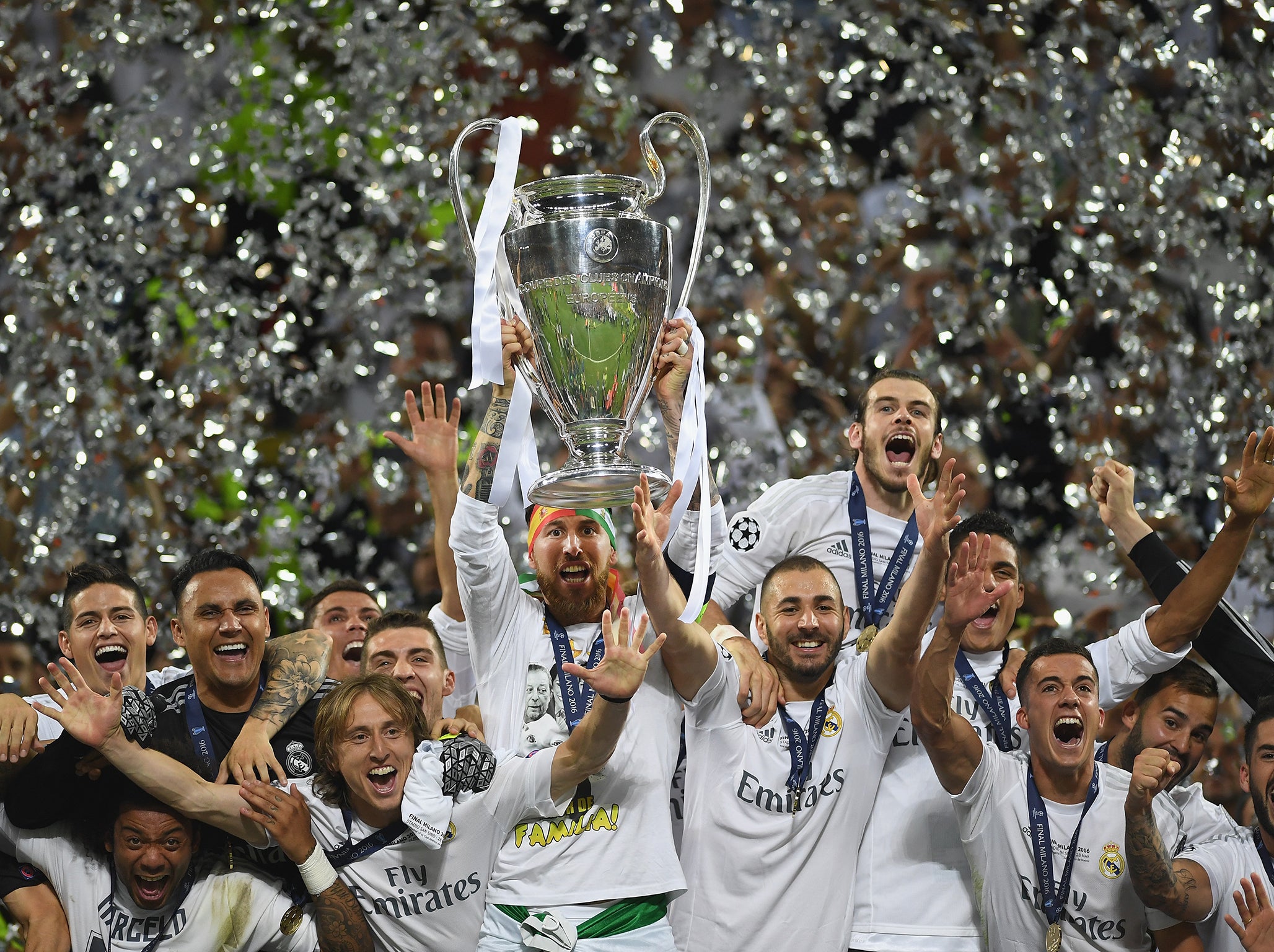
Over the past few years, the Champions League has been almost completely conditioned by one main trait, but that has evolved so that this new European season is almost completely dominated by one main question. Can anyone stop Real Madrid winning it again?
The competition’s most successful ever club are aiming for the historically gold-standard achievement of three European Cups in a row, having already just become the first in this mega-money era to retain the trophy.
As fitting a throwback to the traditions of the past as that it is, though, it is much more a natural development of the defining characteristics of the modern game. It is really what much more recent history has been building up to.
From a half-decade when the Champions League completely became the preserve of the super-clubs (and just before they next season pull up the drawbridge so that none of the top four leagues will even have to go through preliminaries ) Real Madrid have perfected what the elite do to become the supreme super-club. That being: to best maximise their financial advantages and to assemble what might be the strongest and deepest squad that the game has ever seen.
If their feat of retaining the competition still doesn’t necessarily make them one of the best teams ever, they undeniably have the best bench ever - and then some.
This is a squad where the last World Cup’s top scorer in James Rodriguez could be so under-utilised that Real almost had to give him away, because one of the game’s brightest stars in Marco Asensio is threatening the starting place of one of the market’s most expensive players in Gareth Bale. And all of that behind a still-stupendous Cristiano Ronaldo.
It would be frightening for everyone else, except it’s not like everyone else has been frozen by fear. If one of the lingering problems of the Champions League over the past few years has been the familiarity of the same big clubs ultimately crashing against each other until only one of about seven or eight is left standing, the dynamics have at least changed.
Just as Real have grown bigger and broader, there have been significant movements in the group behind them.
That is reflected in a few elements of this new season. For one, there are some genuinely refreshing fixtures. Of the 11 group-stage match-ups between clubs from the five biggest leagues - Spain, England, Italy, Germany, France - four have never been seen before in 62 years of the Champions League and European Cup.
They are: Atletico Madrid-Roma, Sevilla-Liverpool, RB Leipzig-Monaco and Borussia Dortmund-Tottenham Hotspur.
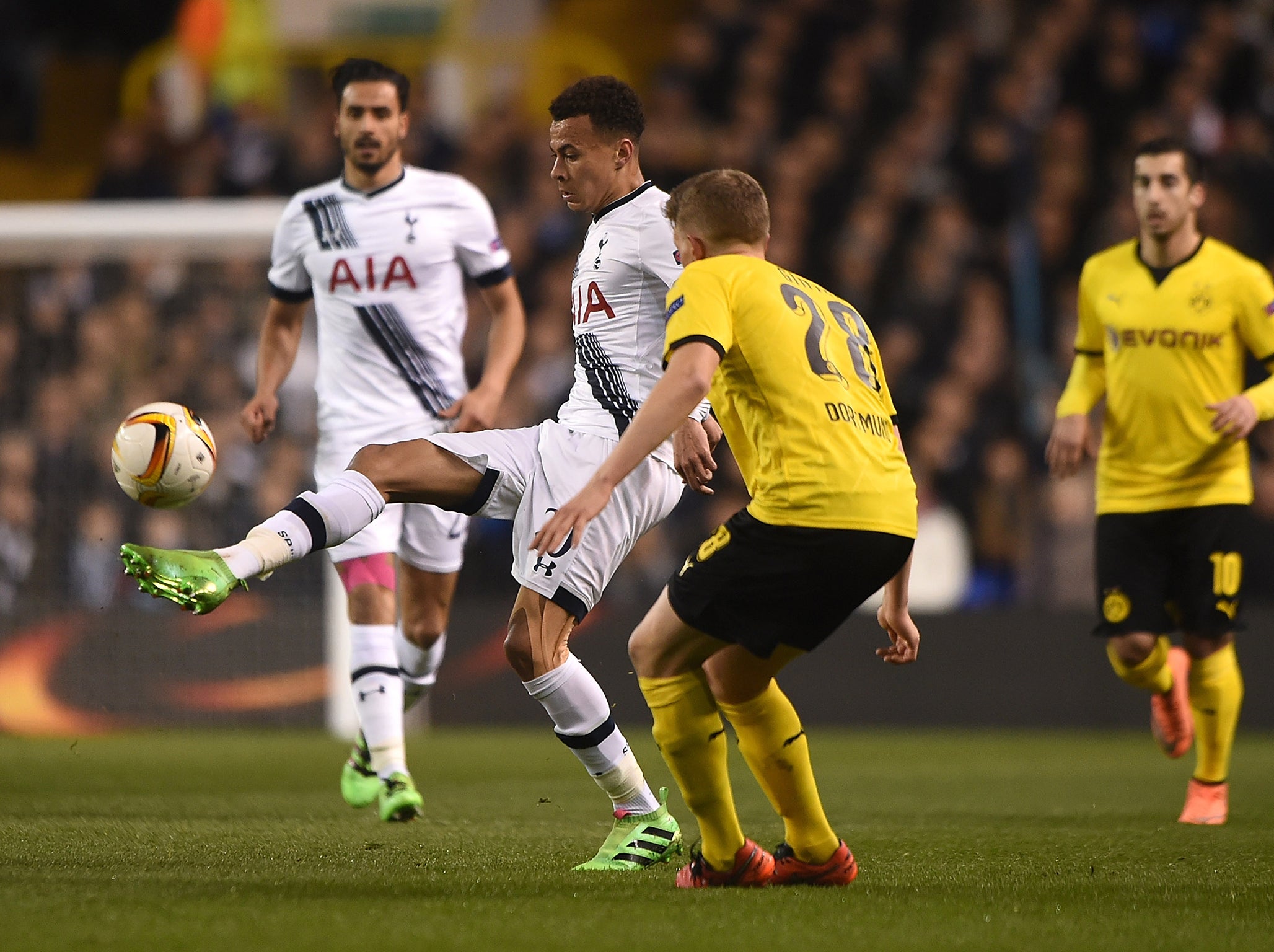
Paris Saint-Germain and Bayern Munich meanwhile meet for just the first time since 2000-01, and that fixture is significant for a few reasons beyond who finishes top of their group, since it points to the second huge change for this season.
The French club have done more than anyone to alter the dynamics of the super-club group, with their huge moves in the market. They have possibly even destabilised the whole competitive structure of the Champions League by prising Neymar from Barcelona for a world-record and seemingly world-changing fee, before then signing Kylian Mbappe from Monaco.
That has meant PSG have now put together a forward line as frightening as Real Madrid’s, and if it is not necessarily a direct response to the Spanish champions retaining the trophy, it is a strategic move against the status quo.
There is a belief at the very top end of the game that PSG’s grander plan in the game is to “short-squeeze” the market; to pay out sensational fees and wages for players because they know that probably only Manchester City will be able to compete in the long term. That would leave the Spanish clubs behind, and so drastically change that status quo, let alone its dynamics.
PSG have already beaten Real Madrid and Barcelona in the market with the signings of Mbappe and Neymar but, before they can even think about beating either to the actual trophy, they first have to beat someone to actually get into the semi-finals.
That is still the question with PSG, the caveat, and the step they have to take. That is also why the match against Bayern will be genuinely significant, and about more than just finishing top of the group. It will be about making a statement commensurate with PSG’s desired new status, by beating one of the competition’s three ‘super-super clubs’ on the pitch.
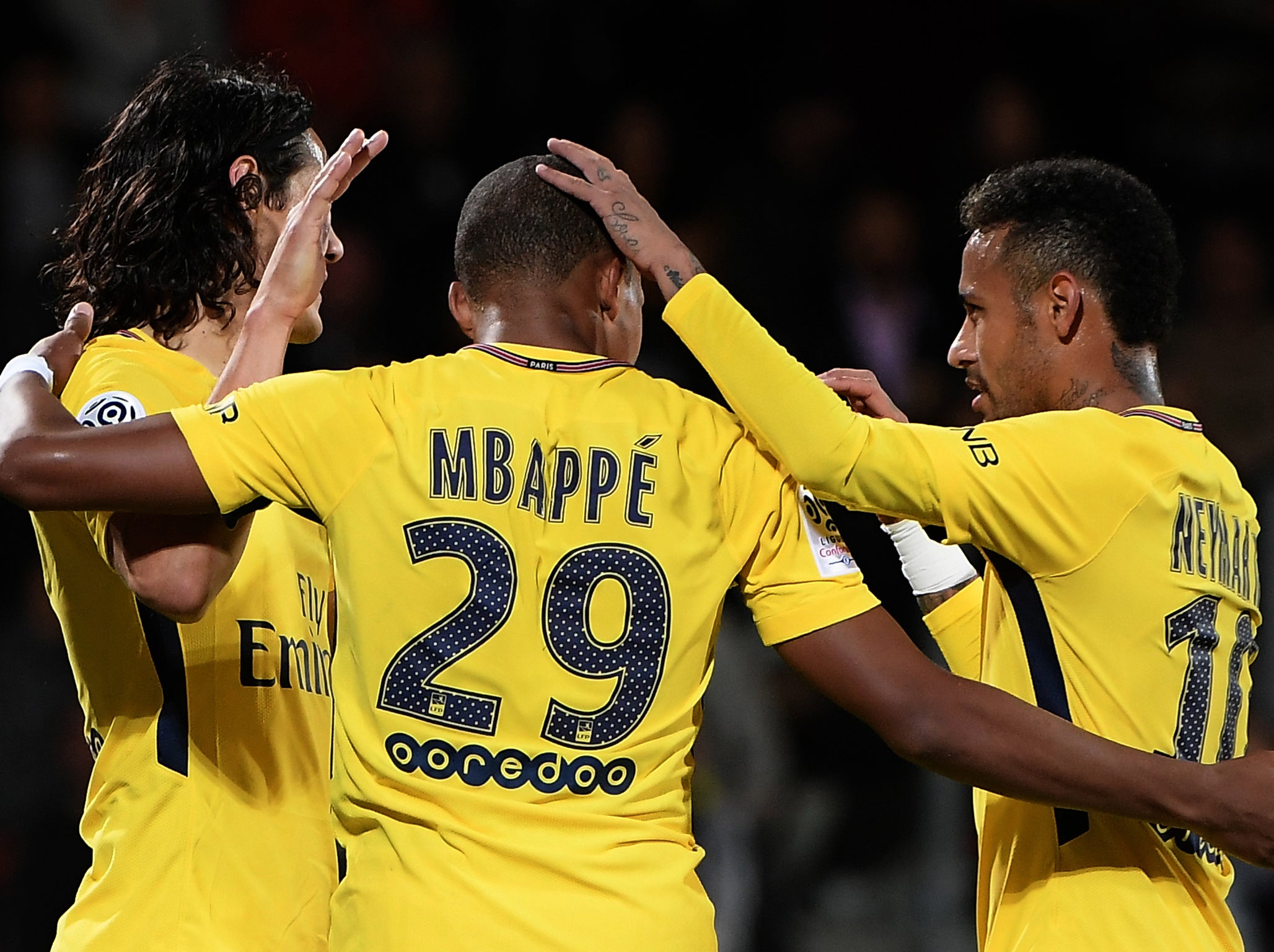
That Bayern’s major move in the transfer window was to go against the market flow and willingly take James off Real only adds further edge.
There is then the question over how Barcelona have been affected, whether their own aura has been decisively damaged by losing Neymar. Their team and future does look so much less promising, even if they have actually looked so good at the start of the new Spanish season. Perhaps that points to something else, that remains more lasting so long as he remains fit: if you have a player like Leo Messi, you have a chance.
The Argentine is still the modern Champions League’s dominant player, the star that influences everything, just as Alfredo Di Stefano did in the 50s and Johan Cruyff did in the 70s.
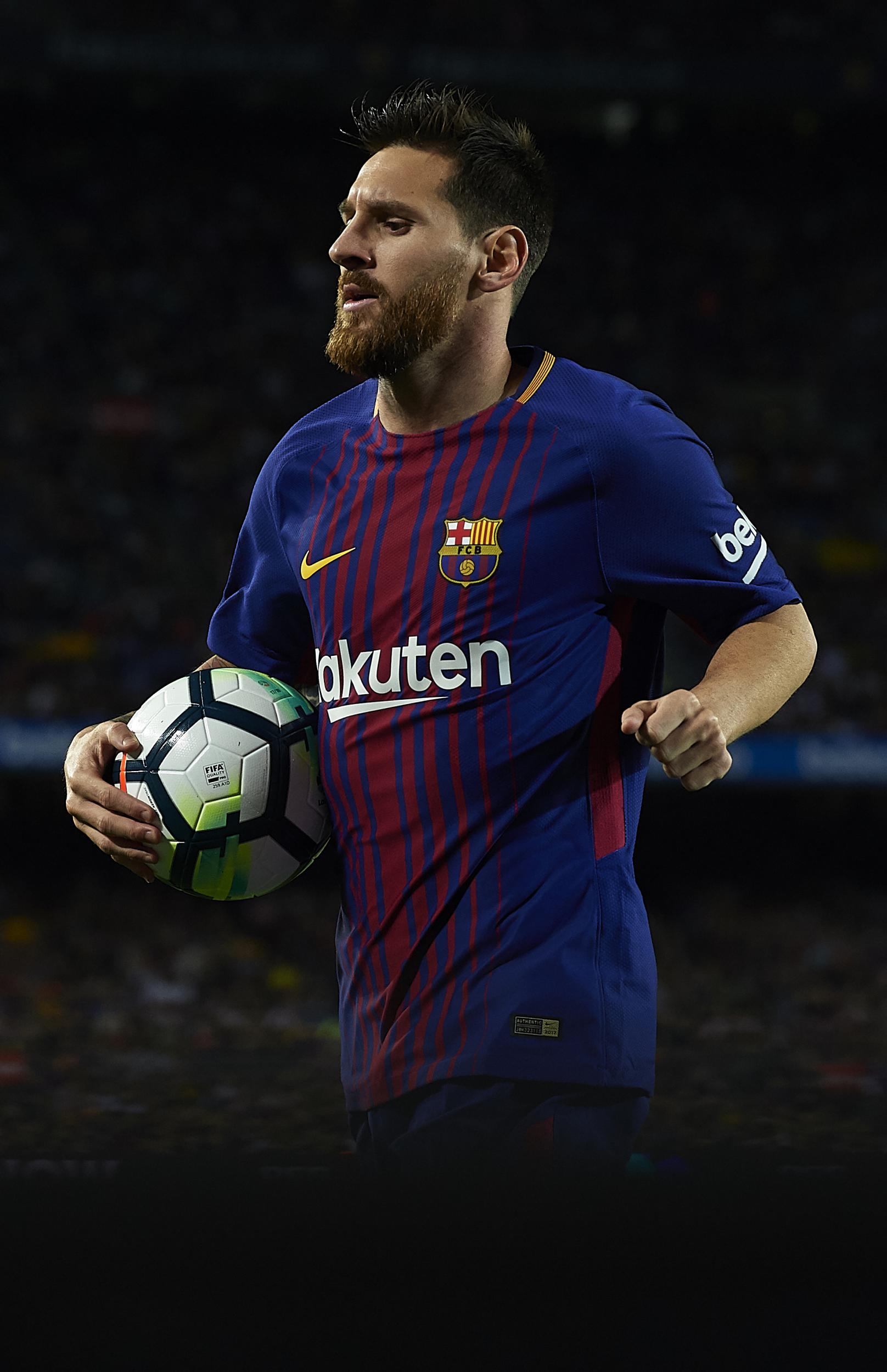
Messi is also the type of star that is still beyond the Premier League, even as the English competition brings in more money than the Champions League and seemingly attempts to bring in every star manager.
The quality of coach surely at least suggests that something else from the half-decade-long super-club era is set to change, that one of the English clubs can finally challenge in the way they did up to 2009. That is just another of the Champions League’s most fascinating questions, and now one of the most consistent: just why is it that the most international and economically inflated of competitions so struggles in the actual continental competitions?
Adding more spike to it, all of these special managers face their own individual challenges in the European Cup. The Jose Mourinho-Pep Guardiola duality previously defined continental football but neither has won the competition in over half a decade, and it will by the end of this season be exactly five years since Jurgen Klopp’s one great Champions League campaign with Borussia Dortmund.
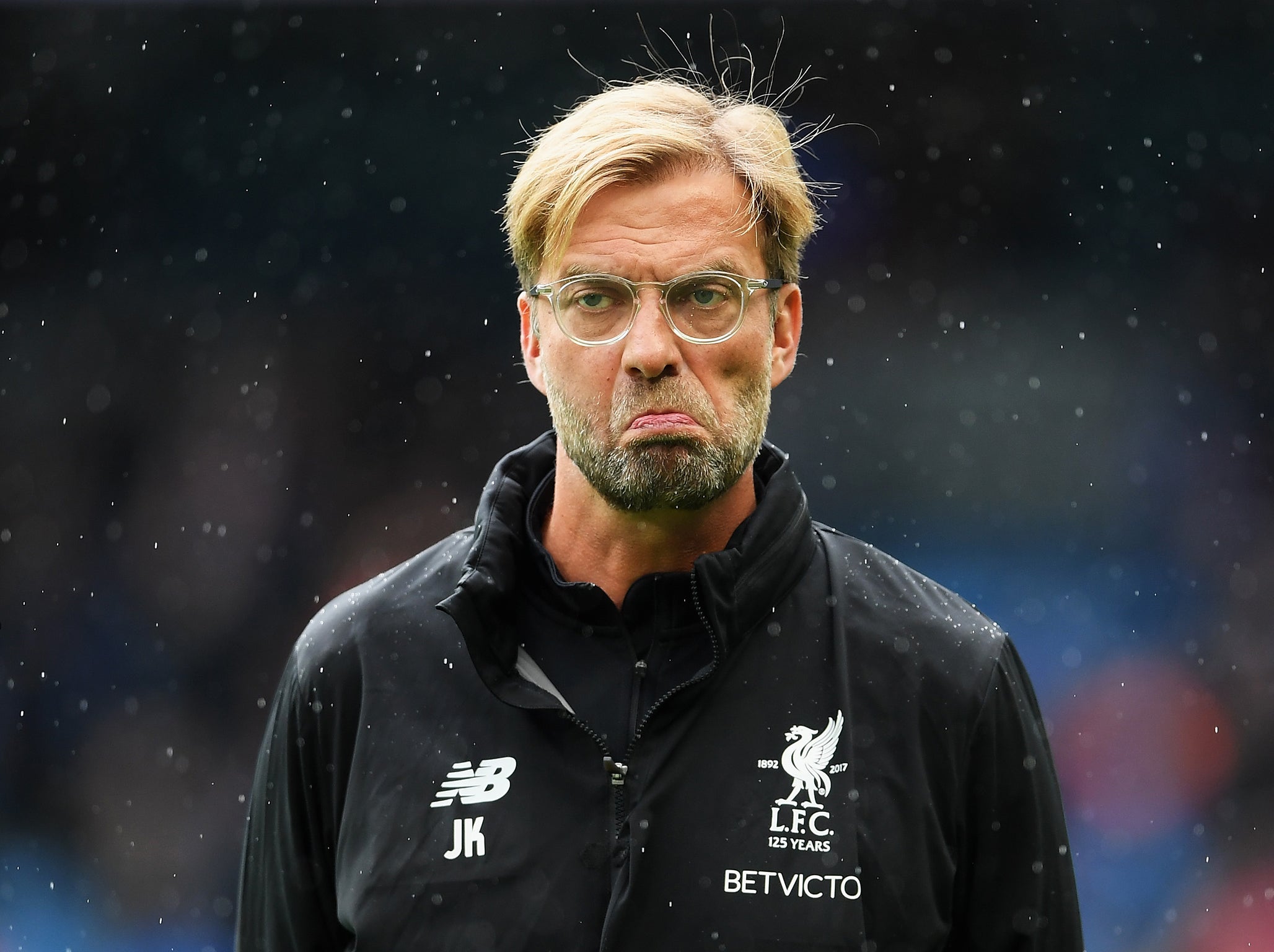
Both Antonio Conte and Mauricio Pochettino meanwhile have deservedly excellent reputations, but also justified questions about their own underwhelming European records.
The latter two also happen to be in two of the tightest groups. Chelsea and Tottenham Hotspur both face one of the Madrid giants and a potential upstart, in Roma and Dortmund respectively.
The wonder will be whether those two - or even Tottenham themselves - can emulate Monaco in following another break in recent Champions League trends by breaking the supremacy of the super clubs and reaching the semi-finals.
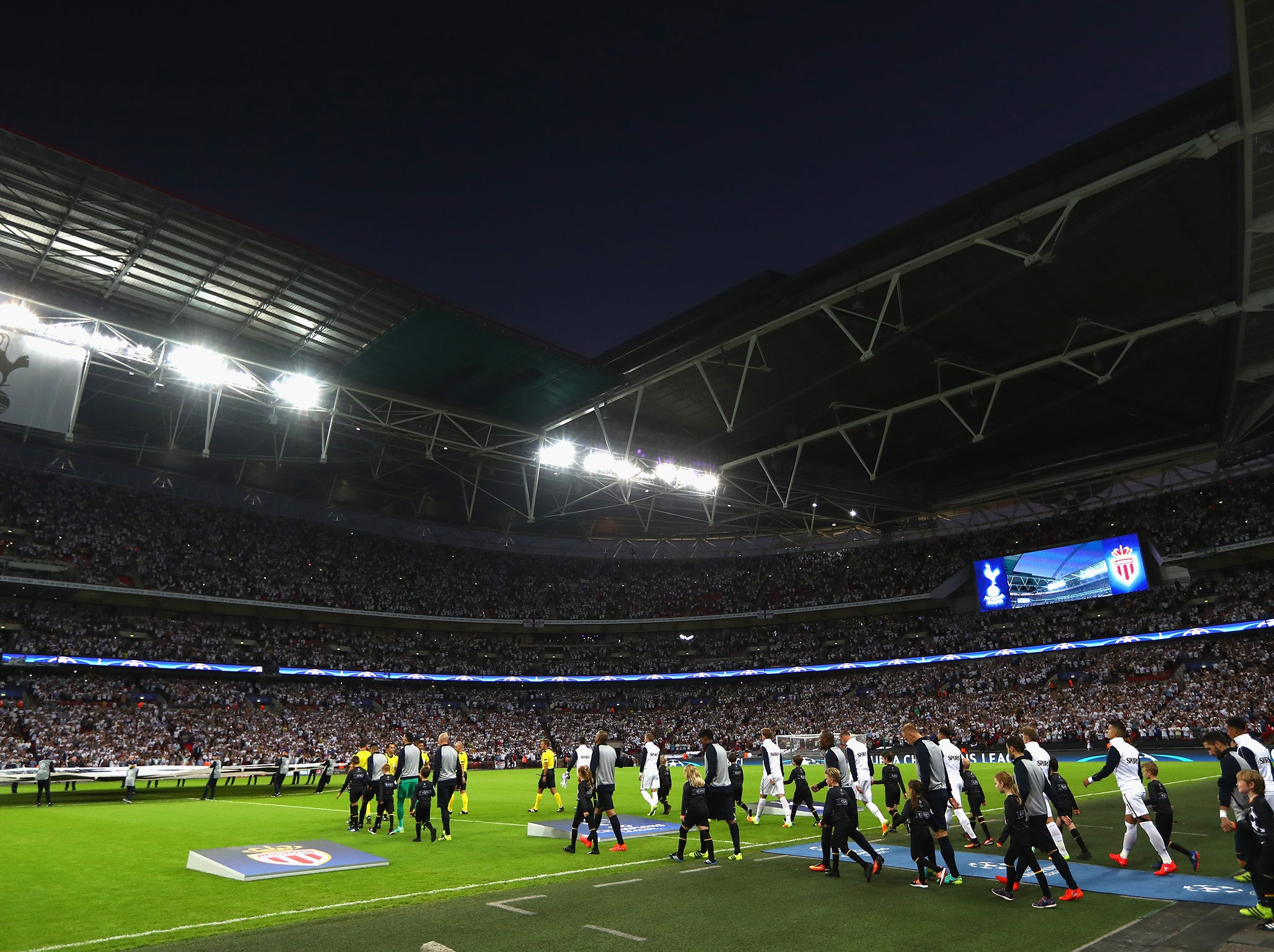
The French champions were last season’s revelations. They were indeed so revelatory they have been ripped apart by the big clubs, but that at least illustrates there are enough gaps between the super-clubs that someone like that can still have an impact.
It shouldn’t be forgotten that Juventus have also grown to the level of the super-clubs in a more gradual way, and by out-thinking many of them, although they now have to overcome a psychological complex with the competition arguably greater than PSG’s since they have now lost two finals in three years.
The Italians went further than anyone in challenging Real last season, but still couldn’t get close to actually beating them.
Whether anyone can beat them is still the biggest question, despite everything going on beneath the defending champions. Not even Neymar’s sensational change of clubs can change that.
Join our commenting forum
Join thought-provoking conversations, follow other Independent readers and see their replies
Comments